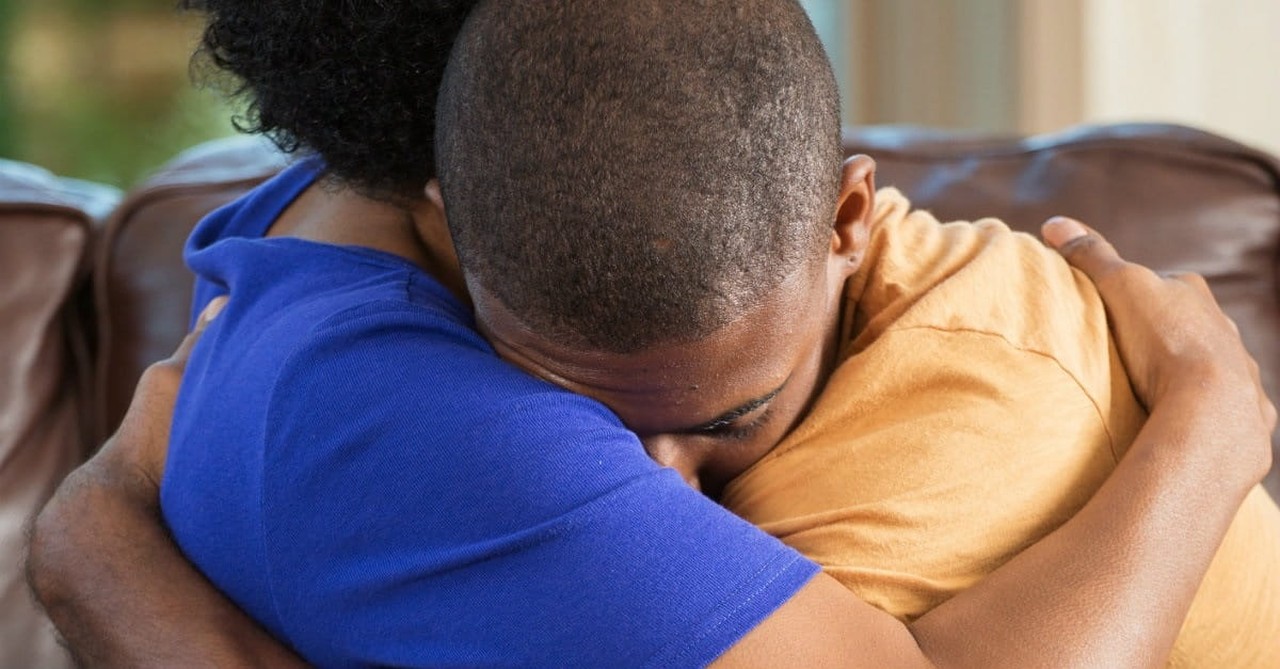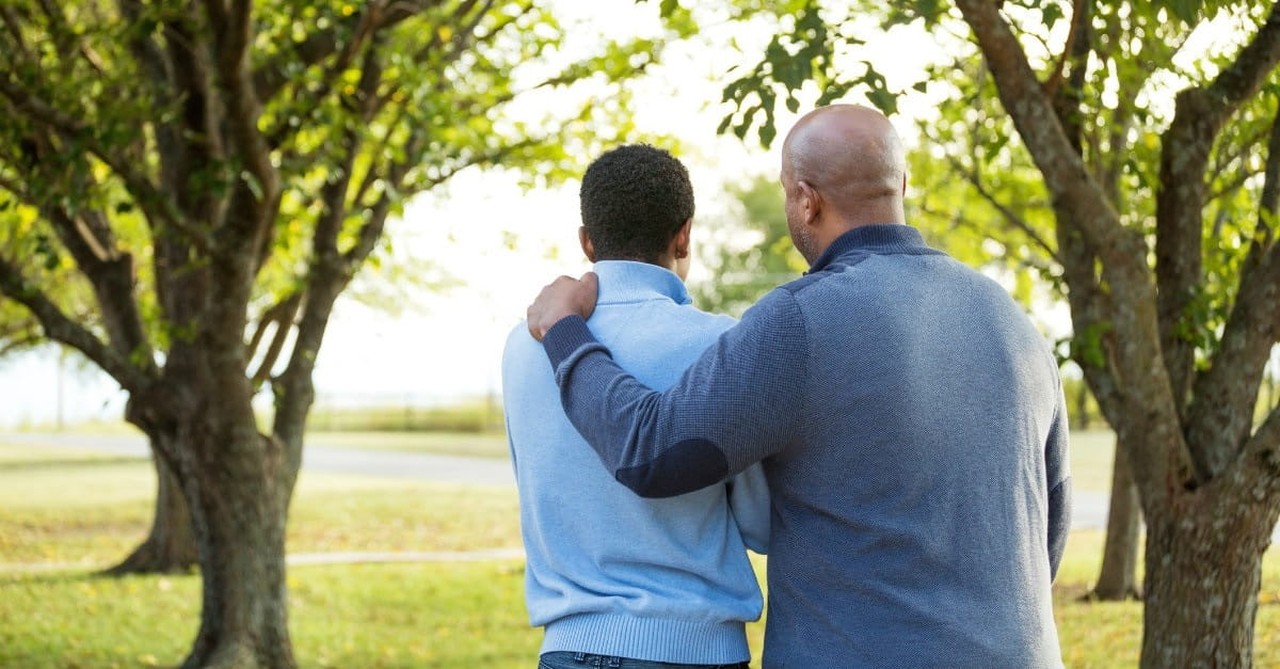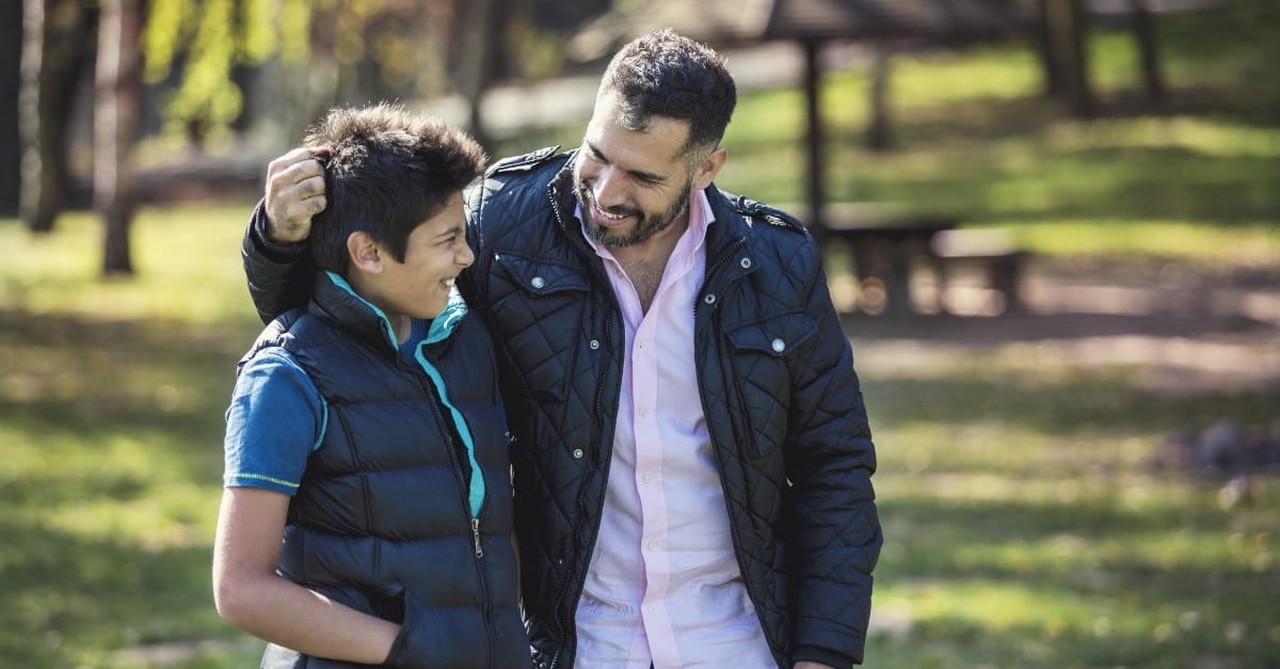10 Steps to Help Your Child Move from Fear-Filled to Fearless

Be brave!
T-shirts, coffee mugs, and book titles all shout out this little line. Let’s be honest though. Being brave isn’t as simple as saying a cute quip. Culture, from social media to news updates, feed fear. But we need to empower our children to make the move from being fear-filled to fearless.
Before taking a look at every day actions to help our kids leave fear behind, let’s first define fear. Dictionary.com describes fear as “a distressing emotion aroused by impending danger, evil, pain, etc., whether the threat is real or imagined; the feeling or condition of being afraid.”
This emotion definitely does not come from our loving and powerful Father God. In fact, 2 Timothy 1:7 sets fear up as the opposite of Love Himself. “For God has not given us a spirit of fear and timidity, but of power, love, and self-discipline.” (NLT)
The Holy Spirit can give our child the strength and courage to overcome this sometimes debilitating emotion so that they can move toward becoming who God created them to be. Yet, as people who are not yet mature in their mind and emotions, they need experience in partnering with God to receive this power from Him.
That’s where we come in. As parents, we teach our kids to overcome fear by modeling overcoming fear. So while you read the following 10 steps for your children, let’s remember: we make our move first.
Photo courtesy: ©Thinkstock/shadrin_andrey
1. Recognize fear for what it is.

1. Recognize fear for what it is.
SLIDE 1 OF 10
Fear comes from one source, the enemy of our relationship with God. John 10:10 tells us, “The thief comes only to steal and kill and destroy; I have come that they may have life, and have it to the full.” (NIV)
Fear is one of Satan’s primary weapons to steal, kill, and destroy us. He knows if we choose fear, it will keep us from choosing to trust God. Our relationship with God is then weakened. When fear lurks in our family, we need to call it what it is: Satan’s tool to keep us away from our Father. If he can get us to spend more time with fear than with Father, he wins.
Photo courtesy: ©Thinkstock/Jupiterimages
2. Refuse to attach shame to fear.

2. Refuse to attach shame to fear.
SLIDE 2 OF 10
Did you grow up hearing “Big boys don’t cry” or “Crying is for babies”? This powerful language tells us to hide fear because fear is shameful. Shame is another powerful tool with the same purpose: to keep us away from our Father.
Jesus talks about darkness being brought into light (Luke 8:17). When darkness, or the enemy’s tactics, are exposed, they can begin to lose their power. Reassure your child that they don’t have to be embarrassed or ashamed about their fears. Create an environment of sharing where you and your child can comfortably talk about what causes distress in both of your lives. If there is no conversation, there is no opportunity for overcoming. Let’s get talking!
Photo courtesy: ©Thinkstock/KatarzynaBialasiewicz
3. Reveal the root.

3. Reveal the root.
SLIDE 3 OF 10
Every fear has a cause. Find out the root of his fear. Is your child scared of experiencing pain, evil, danger, the unknown, rejection, or failure? When he is comfortable enough to talk about what is causing the fear, you can help him to see whether the threat is real or imaginary. Depending on their age, there may be physical steps you can take together to empower them to be brave in their situation.
Afraid of failing when giving a speech? Create a school-like environment, having them practice until they are comfortable. Unsure of what a new school will be like? Take a campus tour and sit in on a class.
Photo courtesy: ©Thinkstock/digitalskillet
4. Relax the mind and body.

4. Relax the mind and body.
SLIDE 4 OF 10
As fear escalates, the body can react physically. Panic attacks, insomnia, and irrational behavior are a few outward signs revealing your child’s need for fear-busting tools.
Learn breathing and mind techniques enabling your child to come out of a panic attack. They can be as simple as counting to 10, skipping every other number. When fear of tomorrow causes sleep to elude them, lay beside them, walking them through relaxing each part of their body, from their toes to their head. For many children, easy steps they can do on their own empowers them to reverse the effects of fear. If you find these do not work for your child, I highly recommend professional counseling which has been so beneficial for our family.
Photo courtesy: ©Thinkstock/AntonioGuillem
5. Rehearse worst case scenarios.

5. Rehearse worst case scenarios.
SLIDE 5 OF 10
“What ifs” swirling in a mind of a child can be paralyzing. What if our dog runs away, never returning? What if someone invades our home? What if I fail when I try out?
Rehearsing worst case scenario sounds like it would give fear more power, but when you discuss with your child what she would do if her “what ifs” came to pass, you empower her to face it. Walk her through how your family would handle your dog never coming back, how your family protects itself from intruders or what she would gain by trying out, even if she doesn’t make it.
Jesus promised us “in this life you will have trouble.” (John 16:33) Mentally walking through trouble before it occurs gives your child a sense that with the Lord beside them, they can get through whatever comes their way.
Photo courtesy: ©Thinkstock/digitalskillet
6. Normalize failure.

6. Normalize failure.
SLIDE 6 OF 10
Our children need to know when things don’t go right, they are not failing; they are learning. Failure is to be expected; it is one way we learn and grow and can actually be good! Stephen McCranie has said “The master has failed more times than the beginner has even tried.”
Start by sharing your own failures with your child so they can see you have been there too. Depending on the interest of your child, help them to find others who have failed at what they love and went on to do great things. If they are into sports, look up how Michael Jordan did not make the varsity basketball team in high school because he wasn’t tall enough. Do they like to write? Show them the number of times J.K. Rowling was rejected before Harry Potter and the Sorcerer's Stone was published. Normalize failure. When your child can see failure as part of the process to becoming who they want to be and even a gift from God to teach us, they can become fearless.
Photo courtesy: ©Thinkstock/ka2shka
7. Remove barriers.

7. Remove barriers.
SLIDE 7 OF 10
Depending on the age of your child, there may be physical steps you can take to help your child overcome fear.
My youngest had a powerful fear of the dark. Not wanting to enable her, I failed to see steps I could have taken to alleviate this fear such as turning on the hall light, arranging her room to face the door, and others.
How can you help your child? The day before his first day of work, drive the route to get there. Is he afraid of leaving on appliances? Purchase those with automatic shut off. Often there are a few simple steps that will provide an exit strategy for fear and anxiety.
Photo courtesy: ©Thinkstock/Sladic
8. Have the right perspective.

8. Have the right perspective.
SLIDE 8 OF 10
When it doesn’t go right the first time, our children don’t have to quit. They can be brave and do it again. They might have to try out for that sport twice, ask a teacher for a tutoring more than once, and invite the new friend over another time.
We do not want them to build their confidence on something they can lose: on someone, some place, or something. They can be brave because their bravery doesn’t come from someone being their friend, some place that makes them comfortable, or something like their talents or looks. We can teach and show them courage comes from Christ. They can be fearless and have Christ confidence!
Photo courtesy: ©Thinkstock/digitalskillet
9. Remember God's past help.

9. Remember God's past help.
SLIDE 9 OF 10
Sometimes we feel fearful because we don’t want to fail or look like a fool. The fearful feelings we have try to overpower our faith. We have to remind our heart of the times God has helped us in the past; it forgets.
Jeremiah 17:7–8 says, “But blessed is the one who trusts in the Lord, whose confidence is in him. They will be like a tree planted by the water that sends out its roots by the stream. It does not fear when heat comes; its leaves are always green. It has no worries in a year of drought and never fails to bear fruit.” (NIV)
The year of drought can be compared to our next trial. To prepare for it – it’s just a matter of time until another hard time comes - we create a list of times we were scared and God came through. This list can be added to any day or every day and reread regularly to remind us and our children of how God has been faithful in the past and that He will be faithful again.
Photo courtesy: ©Thinkstock/michaeljung
10. Know God's Word.

10. Know God's Word.
SLIDE 10 OF 10
Hebrews 4:12 says God’s Word is sharper than any two-edged sword, just the powerful weapon we need to fight fear.
Regularly rehearse God’s Word with your child, not just in times when fear is present, but also when it is not. Depositing God’s Word in our hearts means when we need it most, it will be where we need it: in our minds. Retrieving God’s Word gives us power to win over fear. On the playground, during the math test, and at the softball plate, the Holy Spirit can bring Scripture to mind right when our children need it most.
When my son had karate tests, I would hold up both of my hands so that he could see all 10 of my fingers. Those 10 fingers reminded him of our 10-word prayer: “I can do all things through Christ who gives me strength.” (Philippians 4:13)
For some, fear has the capacity to be a life-long struggle, but with the power of God’s word and practical steps of applying it each day, we can empower our kids early in life to find the confidence they need to overcome their fears in Christ!
Lynn Cowell is a Proverbs 31 speaker and the author of several books, written for women of all ages. Her newest book for young girls is Brave Beauty: Finding the Fearless You as well as the women’s Bible study Make Your Move: Finding Unshakeable Confidence Despite Your Fears and Failures. Lynn calls home North Carolina, where she and her husband, Greg and the occasional backyard deer are adjusting to life as empty nesters. Along with their three adult children, the Cowells love hiking, rafting and anything combining chocolate and peanut butter.
Photo courtesy: Unsplash.com
Originally published March 14, 2020.






